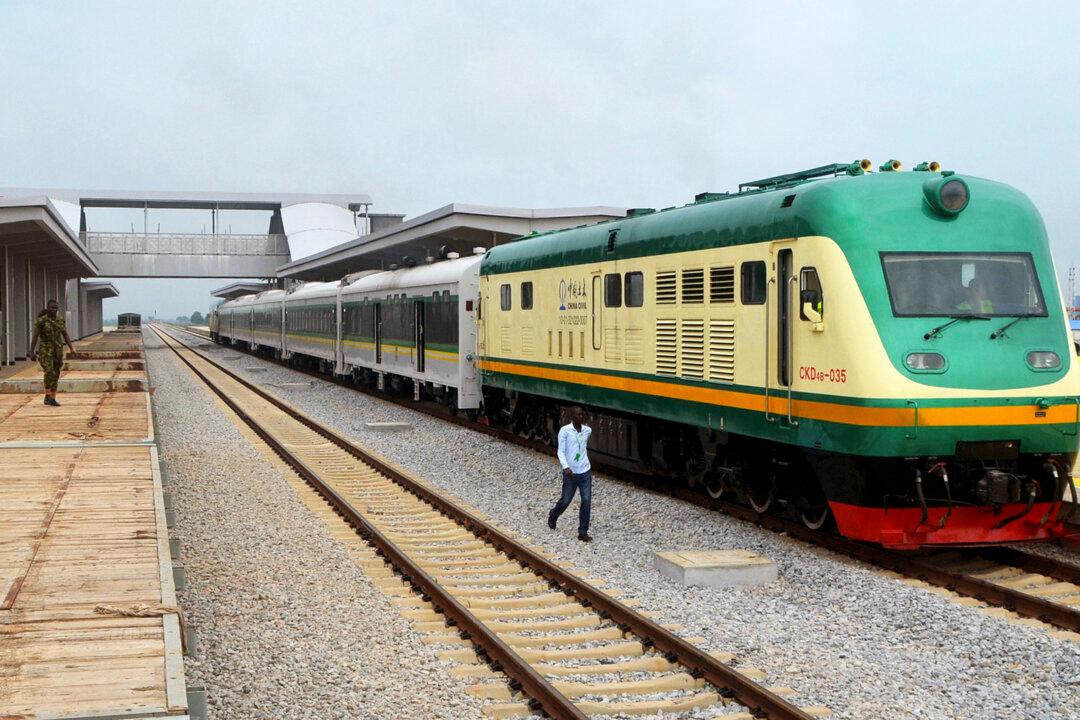News Analysis
The Chinese communist regime’s top diplomat, Wang Yi, is touring Africa as the Chinese Communist Party (CCP) seeks to expand its influence on the continent and compete with the United States and Europe for key resources. His visit makes this the 35th consecutive year that a CCP foreign minister has undertaken a trip to Africa.




